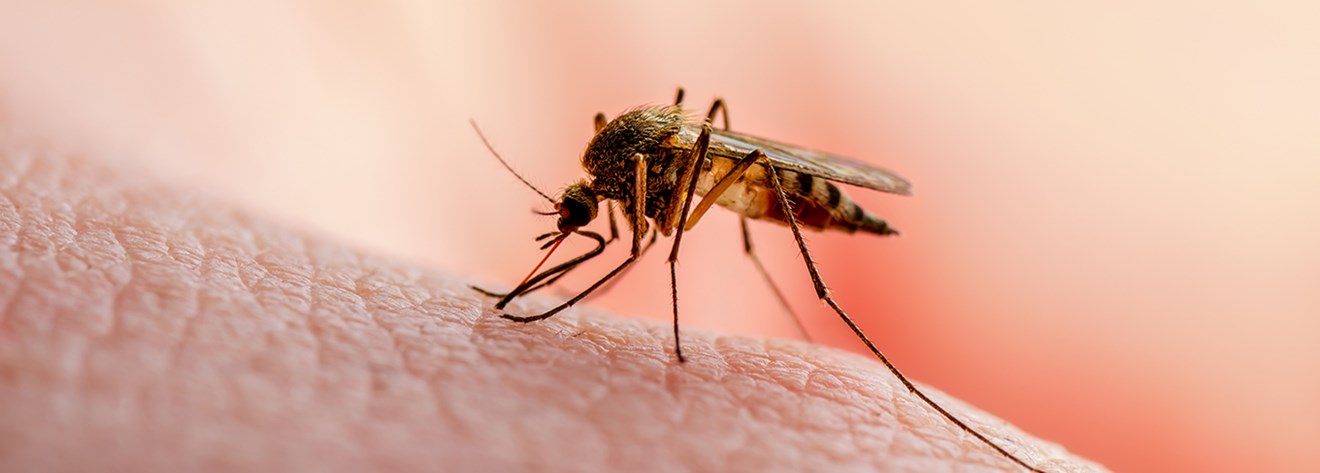Malarial Prophylaxis for those with Epilepsy
This information can only be a guide. In all cases you are advised to seek expert up to date help on malarial prophylaxis as the advice given will vary according to the area to which you are travelling and your other individual circumstances apart from the epilepsy. See below for sources of advice.
Some drugs used for malaria prophylaxis are not suitable for those with epilepsy as they may provoke seizures. The risk is a relative one in that the risk of provoking seizures must be balanced against the risk of getting malaria which can cause serious illness with brain involvement, and in some cases, death. Therefore those with epilepsy are still strongly advised to take malaria prophylaxis.
Chloroquine and mefloquine are unsuitable for malaria prophylaxis in individuals with a history of epilepsy. As an alternative;
- In areas without chloroquine resistance proguanil 200 mg daily alone may be recommended.
- In areas with chloroquine resistance doxycycline or Malarone® may be considered
If doxyclicine is used the dose used may have to be higher than usual because the metabolism of doxycycline is accelerated if you are taking carbamazepine, phenytoin, primidone or barbiturates.
It is worth re-iterating some of the general advice given to all those planning travel to a malaria endemic area.
Length of prophylaxis
It is recommended that malarial prophylaxis be started before travel and continued after leaving the malaria endemic area. Those with epilepsy are advised to adhere to these recommendations and not to be tempted to shorten the duration of treatment.
In order to determine tolerance and to establish habit, prophylaxis should generally be started one week before travel into an endemic area (or if not possible at earliest opportunity up to 1 or 2 days before travel); Malarone® prophylaxis should be started 1-2 days before travel and doxycycline prophylaxis started 2 days before travel. Prophylaxis should be continued for 4 weeks after leaving (except for Malarone® prophylaxis which should be stopped 1 week after leaving).
Protection against bites
Prophylaxis is not absolute, and breakthrough infection can occur with any of the drugs recommended. Personal protection against being bitten is very important. Mosquito nets impregnated with permethrin provide the most effective barrier protection against insects; coils, mats and vaporised insecticides are also useful. Diethyltoluamide (DEET) in lotions, sprays or roll-on formulations is safe and effective when applied to the skin but the protective effect only lasts for a few hours. Long sleeves and trousers worn after dusk also provide protection.
Return from malarial region
It is important to be aware that any illness that occurs within 1 year and especially within 3 months of return might be malaria even if all recommended precautions against malaria were taken. If you develop any illness particularly within 3 months of your return you should go immediately to a doctor and specifically mention your exposure to malaria.
For Specialist Advice
If you need specific advice on which treatment is best for the area you are traveling to and the dose of medication to take you can contact one of the following;
Advice for travellers HPA Malaria Reference Laboratory Recorded advice for Travellers
09065 508 908 (£1.00/minute standard rate)
Hospital for Tropical Diseases Travel Healthline
09061 337 733 (50p/minute)
